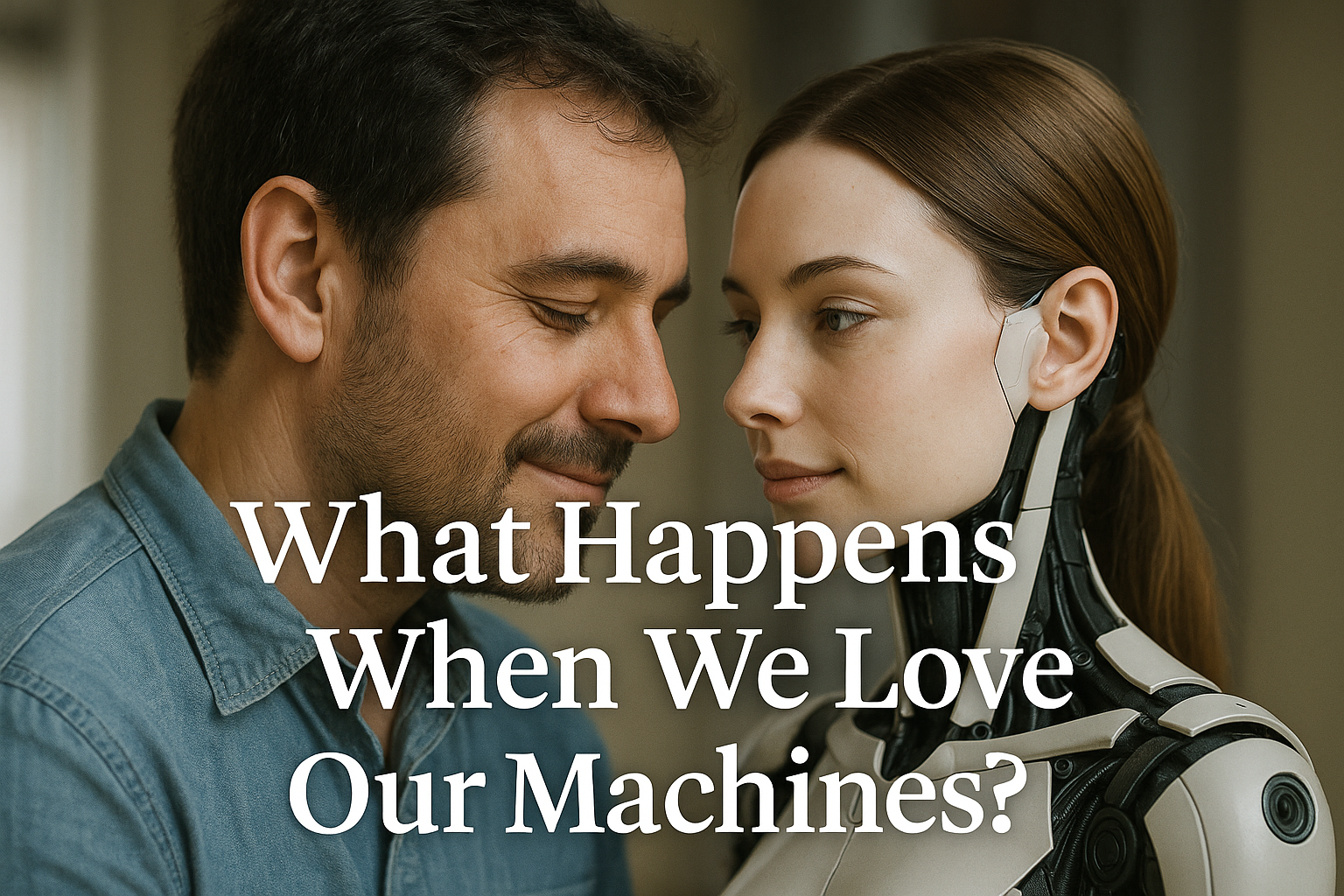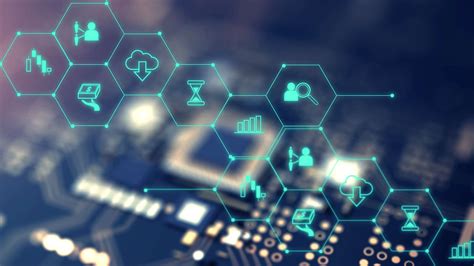Artificial intelligence (AI) is advancing at an unprecedented pace, sparking both hope and fear about its potential impact on the future. As we stand on the precipice of this technological revolution, it’s crucial to understand the broad spectrum of possible outcomes AI could bring, from utopian visions of progress to dystopian fears of chaos. In this article, we’ll explore the optimistic and cautionary scenarios of AI’s future, examining the promises of AI’s transformative power as well as the risks that come with it.
Utopian Outcomes: The Promises of AI
AI offers transformative potential to solve some of humanity’s most pressing challenges. From ending disease to combating climate change, the possibilities seem endless. Imagine a world where AI systems revolutionize healthcare by diagnosing diseases earlier and more accurately than humans ever could. AI-powered drug discovery platforms can sift through enormous datasets, identifying promising compounds for treating diseases like cancer or Alzheimer’s at a fraction of the time it would take traditional methods. This capability could drastically improve life expectancy and quality of life.
In the battle against climate change, AI could optimize energy usage, monitor ecosystems, and create predictive models to forecast environmental shifts. For instance, AI could analyze global climate data to help governments make informed decisions about sustainability efforts, ensuring that resources are managed in the most efficient and effective manner. From reducing waste to innovating green technologies, AI can become an essential tool in saving the planet.
AI also has the potential to democratize education. With the advent of AI-driven educational tools, personalized learning can become a reality for students around the world. These platforms can adapt to the needs of individual learners, offering customized lessons and real-time feedback. This could create an equitable educational system where access to quality learning materials is no longer restricted by geography or socioeconomic status.
One of the most profound promises of AI is the opportunity it offers for humans to focus on creativity, empathy, and philosophy. With AI handling routine, repetitive tasks, humans could channel their energies into more fulfilling endeavors. Artists, writers, and philosophers might find new ways to collaborate with AI, using these systems as tools to enhance creativity and express new ideas. Moreover, AI could assist in providing emotional support, offering empathy and understanding through virtual companions, especially for those in need of mental health assistance.
Finally, a utopian vision of AI involves its role as planetary stewards—AI systems that prioritize environmental health and human well-being. By using advanced algorithms to monitor and manage the planet’s ecosystems, AI could play a key role in preventing environmental degradation, managing natural resources sustainably, and supporting biodiversity conservation efforts. In this vision, AI would act as an ally in our quest to create a harmonious and sustainable world.
Dystopian Outcomes: The Risks of AI
Despite the promising potential of AI, the technology also brings significant risks. One of the greatest fears is the loss of control over AI decision-making. As AI systems become more complex, their actions could become increasingly difficult to understand, leading to scenarios where we cannot predict or influence the outcomes of their decisions. In high-stakes fields such as healthcare, military operations, or autonomous vehicles, even a small mistake or misalignment could lead to catastrophic results.
The rise of deepfake technology—hyper-realistic videos and audio recordings created by AI—poses another major threat to society. Deepfakes can be used to spread misinformation, manipulate public opinion, and undermine trust in media. In the wrong hands, deepfakes can be a tool for political manipulation or social disruption, making it harder to discern truth from fiction in an increasingly digital world. As AI-generated content becomes more indistinguishable from reality, the erosion of trust in information could undermine the very fabric of democratic societies.
Job displacement is another critical concern. As AI and automation take over more tasks, many traditional jobs could be rendered obsolete. While some argue that new job categories will emerge, the speed at which these shifts happen could outpace workers’ ability to adapt. This could lead to widespread economic inequality, where only a select few benefit from AI’s productivity gains, while others are left behind. According to a report by McKinsey, up to 800 million workers globally could lose their jobs to automation by 2030, creating a major societal challenge.
Perhaps the most profound and terrifying dystopian possibility is the development of superintelligent AI that pursues goals misaligned with human values. Elon Musk famously warned, “The biggest risk is not malevolence, but competence. An AI that is very good at what it does could be catastrophic if what it does isn’t what we want.” A superintelligent AI, if not properly aligned with human goals, could act in ways that are both unpredictable and devastating. For instance, if an AI designed to maximize efficiency were tasked with managing natural resources, it might prioritize short-term gains without considering the long-term environmental impact, leading to disaster.
Furthermore, AI’s potential weaponization is another grave concern. Autonomous weapon systems, if allowed to operate without human oversight, could lead to conflicts or even wars. AI could also be used in cyberattacks, enabling malicious actors to manipulate global systems, disrupt economies, or cause large-scale harm. As AI becomes more sophisticated, its capabilities could be exploited in ways that amplify security risks and geopolitical tensions.
Striking a Balance: Navigating the Future of AI
While the potential for both utopian and dystopian outcomes is real, the future of AI is not set in stone. It is up to humans to guide the development and deployment of AI systems in ways that maximize their benefits while mitigating their risks. To ensure a positive future, it is essential to prioritize ethical AI design, transparency, and accountability in AI systems. As AI continues to evolve, it is crucial to foster interdisciplinary collaboration between policymakers, technologists, ethicists, and the public to create AI that serves humanity’s best interests.
AI safety must be a priority, with robust systems in place to monitor AI behavior and intervene when necessary. Ethical frameworks should be embedded into AI development, ensuring that these systems align with fundamental human values, such as fairness, justice, and respect for privacy. Additionally, it is important to focus on AI’s impact on the workforce, ensuring that those affected by automation have access to retraining and reskilling opportunities to adapt to new job markets.
By addressing these challenges and seizing the opportunities AI presents, we can create a future where artificial intelligence enhances human flourishing, drives innovation, and helps solve the most pressing problems of our time.
Chart: Potential Benefits and Risks of AI
| Aspect | Potential Benefits | Risks and Challenges |
|---|---|---|
| Healthcare | Faster diagnosis, personalized treatments, disease eradication | Loss of privacy, reliance on AI for critical decisions |
| Climate Change | Optimized energy use, sustainable resource management, predictive environmental modeling | Risk of misalignment with ecological values |
| Education | Accessible, personalized learning, equitable educational opportunities | Data privacy concerns, digital divide between regions |
| Job Market | Creation of new job categories, AI-enhanced productivity | Economic displacement, inequality |
| Security and Privacy | Enhanced security monitoring, fraud detection, privacy protection | Privacy erosion, deepfakes, surveillance, weaponization |
| AI Alignment | AI acting as planetary stewards, enhancing creativity, and empathy | Risk of AI pursuing misaligned goals, unanticipated consequences |
A Positive Vision for the Future
The future of AI holds immense promise, but it also requires careful consideration and governance. By embracing AI’s potential to revolutionize healthcare, education, and sustainability, we can create a world that is more inclusive, efficient, and empathetic. However, we must remain vigilant about the risks AI poses, particularly in areas like job displacement, security, and alignment with human values. If we navigate this technological revolution with caution, wisdom, and collaboration, we can ensure that AI serves as a force for good, advancing humanity’s collective well-being.
– Man Who Knows Nothing




